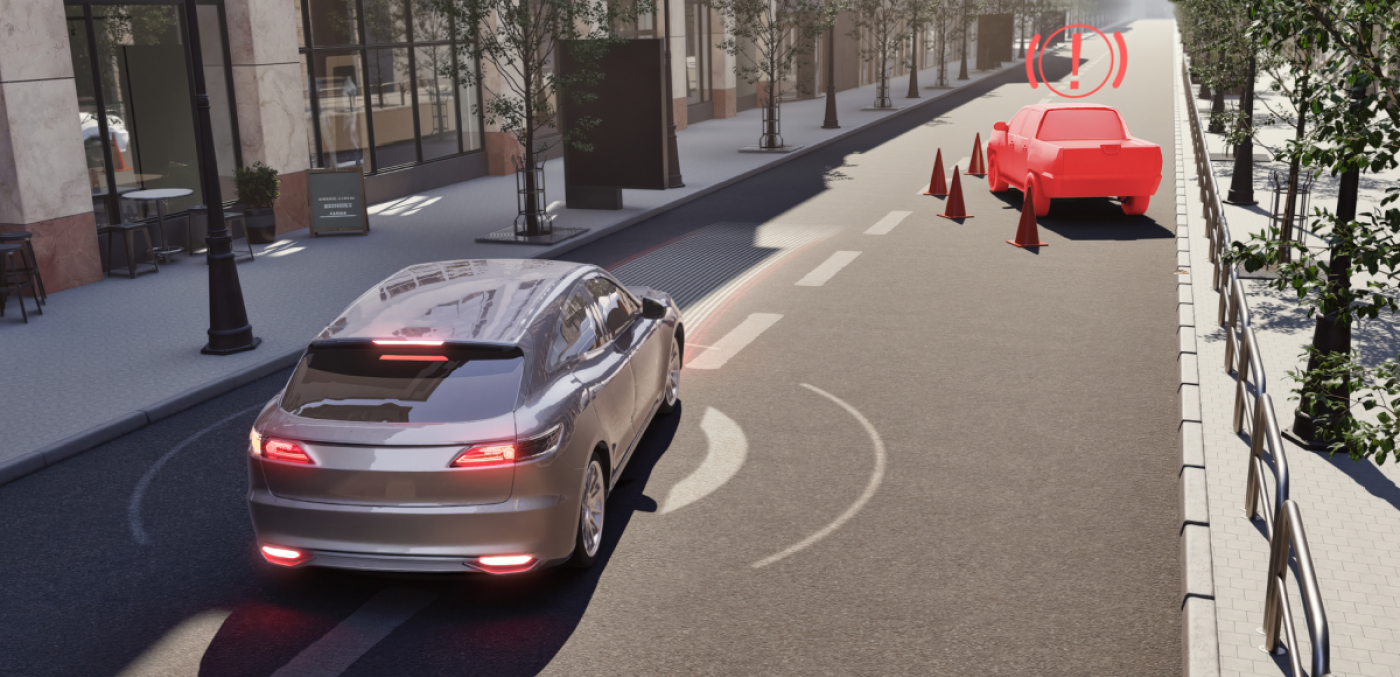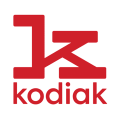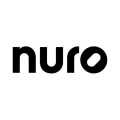Four companies specializing in self-driving commercial and passenger vehicles have positioned themselves from moonshot prototypes to suitability in real-world environments. These companies have demonstrated their ability to grow rapidly, with some achieving over $1 billion in valuation while meeting multi-city, international adoption.
These startups may very well be worth watching by investors over the next few years as they work to build trust and become a primary means of everyday transportation.
Kodiak Robotics, self-driving commercial trucks
Headquartered in Mountain View, California, Kodiak Robotics is an autonomous technology company that is focused on developing innovative solutions for the long-haul trucking industry.
Since its founding in 2018, Kodiak has logged over 2.6 million autonomous miles of its commercial fleets in real-world conditions through its pilot projects, according to its website. In January of 2025, the company announced that energy firm Atlas Energy Solutions, Inc. was the first customer to take ownership of two Kodiak self-driving RoboTrucks to make its deliveries. It was also announced that Atlas intended to purchase 100 trucks this year.1
In April, Kodiak announced that it had entered into a business combination agreement with Ares Acquisition Corporation (NYSE: AACT) through which Kodiak would become a publicly listed company later in 2025.2
Kodiak Robotics’ Forge Price™ is $2.00 as of April 23, 2025, which implies a valuation of $432.78 million. The firm’s notable investors include Bridgestone Americas, BMW Ventures, Triple Point Capital and Tusk Venture Partners.
Nuro, self-driving delivery vehicles and technology
Nuro, another Mountain View, California-based company, specializes in autonomous vehicles designed for local deliveries. Nuro’s second-generation self-driving vehicle is called R2 and is designed with no steering wheel, side view mirrors, or pedals.3 Its fleet is designed to bring customers everyday goods ranging from groceries to pizza to prescriptions in a way that is quick, affordable, and safe. The firm has forged partnerships with Kroger4 and Uber5 to aid in the delivery component of its grocery and meal business.
Late in 2024, the company announced it was branching out and providing its self-driving technology and components to other ride-sharing companies and carmakers.6 In March of 2025, Nuro partnered with technology firms Lenovo and NVIDIA (NYSE: NVDA) to accelerate its autonomous driving technology products.7
Founded in 2016, Nuro’s Forge Price™ is $12.79 as of April 23, 2025, which implies a valuation of $6 billion. The private company’s notable investors include Greylock, Tiger Global Management, T. Rowe Price and Google.
Waymo, self-hailing, self-driving cars
Waymo an Alphabet subsidiary headquartered in Mountain View, California. Waymo is one of the most visible players in the autonomous vehicle space as it has expanded to multiple cities across the U.S. and around the world. Its self-hail vehicles made 150,000 trips every week in cities like Phoenix, San Francisco, Los Angeles and Austin in 2024, according to its website.8
For this year, the company has announced plans to expand commercially in Austin and Atlanta and lay the groundwork for a Miami launch in 2026.
In 2025, Waymo announced a partnership with two leading Japanese taxi companies, GO and Nihon Kotsu, to expand its technology and fleet to passengers in Tokyo. The expansion will be the first for Waymo passengers internationally.9
Founded in 2016, Waymo’s last known valuation was $30 billion. Its notable investors include Andreessen Horowitz, Perry Creek Capital, Fidelity Management & Research Company, and Alphabet.
May Mobility, autonomous taxi services
Based in Ann Arbor, Michigan, May Mobility provides a fleet of self-driving shuttles designed for local passenger transport. The company serves transportation needs in downtown districts, business parks, and university campuses, areas that are short-distance, high-utility sites.
According to its website, its driverless taxi services are now available in cities such as Detroit, Miami, Atlanta and Ann Arbor, Michigan.10 The private company also serves international passengers through its fleets in Japan. According to its website, May Mobility has completed over 400,000 autonomy-enabled rides as of February 2025.11
Founded in 2017, May Mobility’s price-per-share is $5.71, which implies a post-money valuation of $1.51 billion as of its latest funding round in April 2025. Its notable investors include BMW Ventures, Maven Ventures, Y Combinator and State Farm Ventures.







